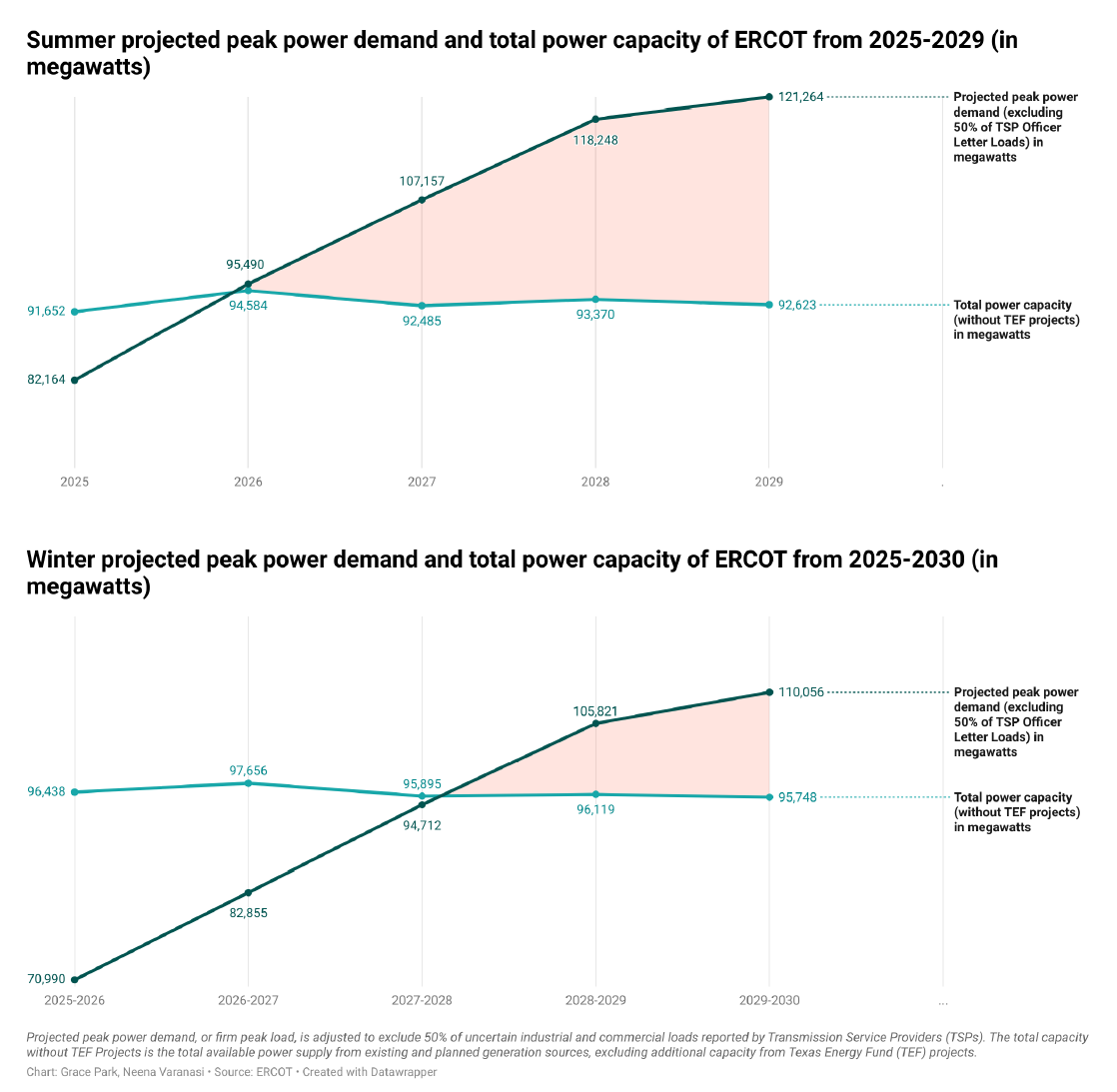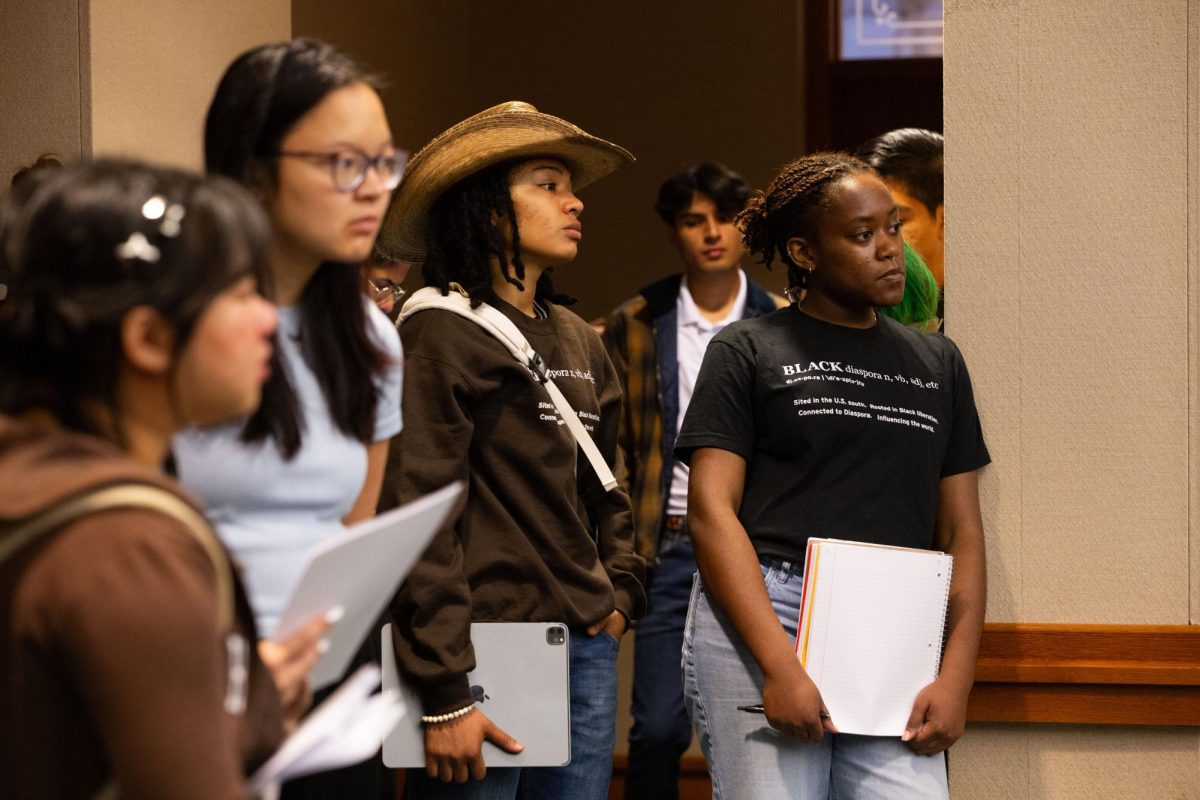The Texas Senate adopted a three-fifths rule, lowering the number of senators required to bring a bill to the floor for debate, after a heated discussion Wednesday. The procedural shift will effectively prevent Senate Democrats from blocking debates and votes on even moderately well-supported Republican legislation.
Until Wednesday, a two-thirds rule, which had been in place in the Texas Senate since 1947, required 21 of 31 senators’ votes to bring a bill to the floor. Under the new three-fifths rule, presented by state Sen. Kevin Eltife (R-Tyler), only 19 senators’ votes will be required.
Sen. Rodney Ellis (D-Houston), who opposed the rule change, said the three-fifths rule will determine which bills are given full consideration during the session.
“This is one of the most important things we will do as a body because it lays out the road map of what we will and will not accomplish,” Ellis said.
Although Eltife argued that the resolution was not a partisan issue, the vote to change the rule split largely along party lines. Sen. Eddie Lucio (D-Brownsville) was the only Democrat to vote in favor of the new rule.
“It’s not just about Democrat versus Republican issues,” Eltife said. “It’s about better governing.”
Eltife said that while he has historically supported a two-thirds rule, he thinks the switch to a three-fifths rule will make the legislative process more efficient.
“Unfortunately, what I have seen happening over the past 10 years is we are experiencing an increased number of ways to get around the two-thirds rule, including special orders and special sessions,” Eltife said.
The Texas Senate was called into a well-publicized special session in 2013, when former state Sen. Wendy Davis filibustered against Senate Bill 5, a restrictive abortion bill. The bill, which resulted in the closure of more than 30 abortion clinics in Texas, became a lightning rod that brought thousands of pro-abortion rights and anti-abortion protesters to the Capitol.
Ashley Alcantara, communications representative for the University Democrats, said the two-thirds rule allowed Davis, whose party made up a minority in the Senate, to voice her opinion on the bill. If the three-fifths rule had been enacted during the 2013 Senate session, Davis would not have had the opportunity to filibuster.
“I think it’s important that, even though Democrats are minority, they are still able to influence bills like that,” Alcantara said.
College Republicans at Texas declined to comment on the rule change.
Opponents of the three-fifths rule, such as Sen. José Rodríguez (D-El Paso), said he thinks the rule change will stifle the voices of minorities and the senators who represent them. Rodríguez said he and other Senate Democrats represent nearly 60 percent of African-Americans and Hispanics in Texas.
“These senators will be unable, as a result of this change, to prevent a bad bill from coming to the floor,” Rodríguez said.
In addition to the three-fifths rule change, the Senate voted to restrict access to the Senate floor to state officials, permitted guests and authorized members of the press.
Lt. Gov. Dan Patrick said he was pleased with the decision in a statement released by his office.
“Today’s action will make the Texas Senate even better, and it will help us deliver a conservative agenda a majority of voters elected us to pass,” Patrick said.





















